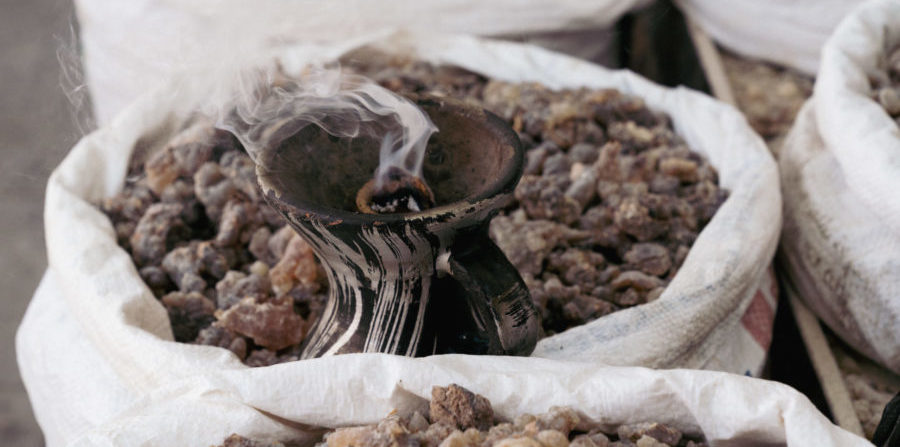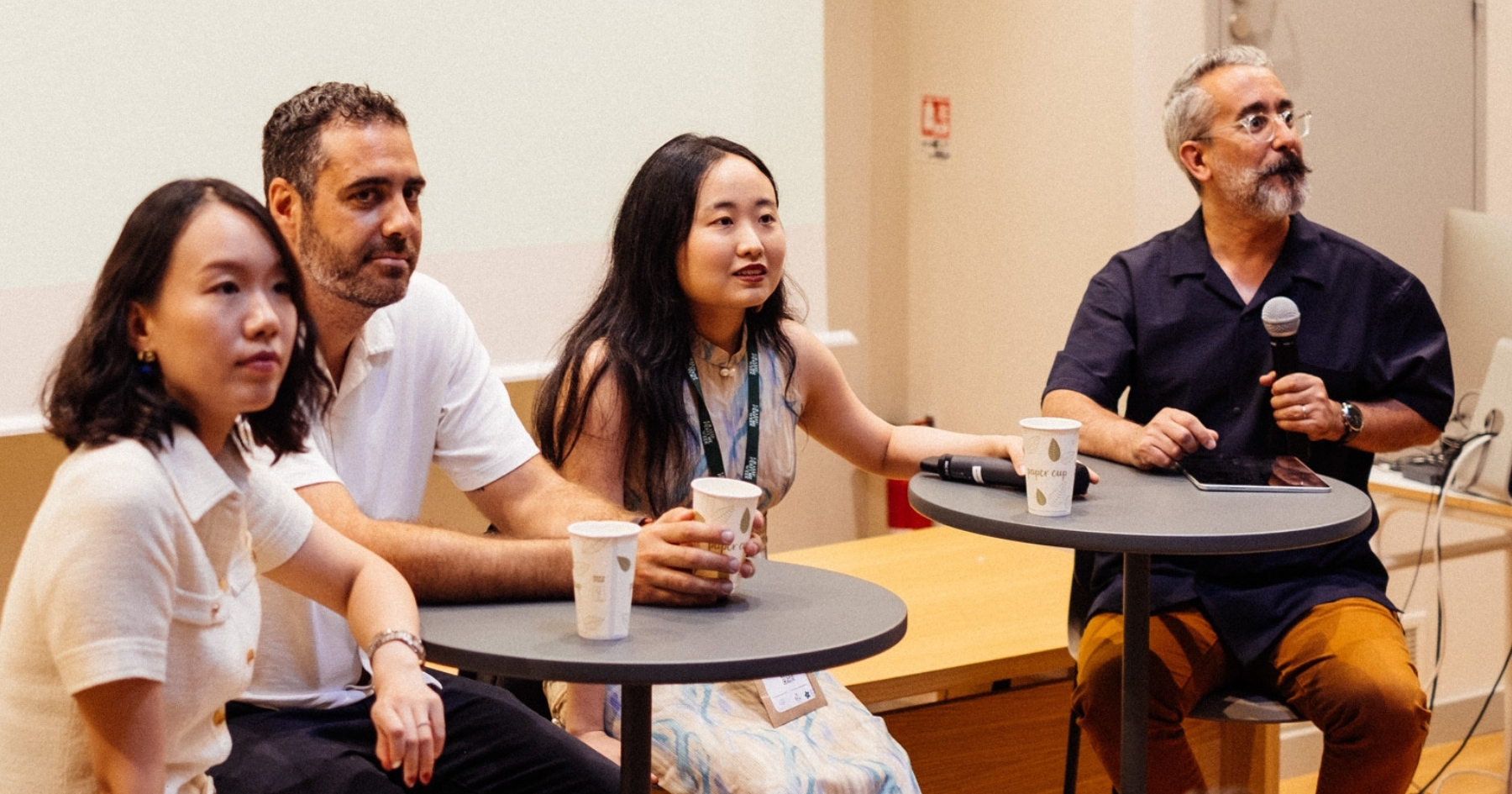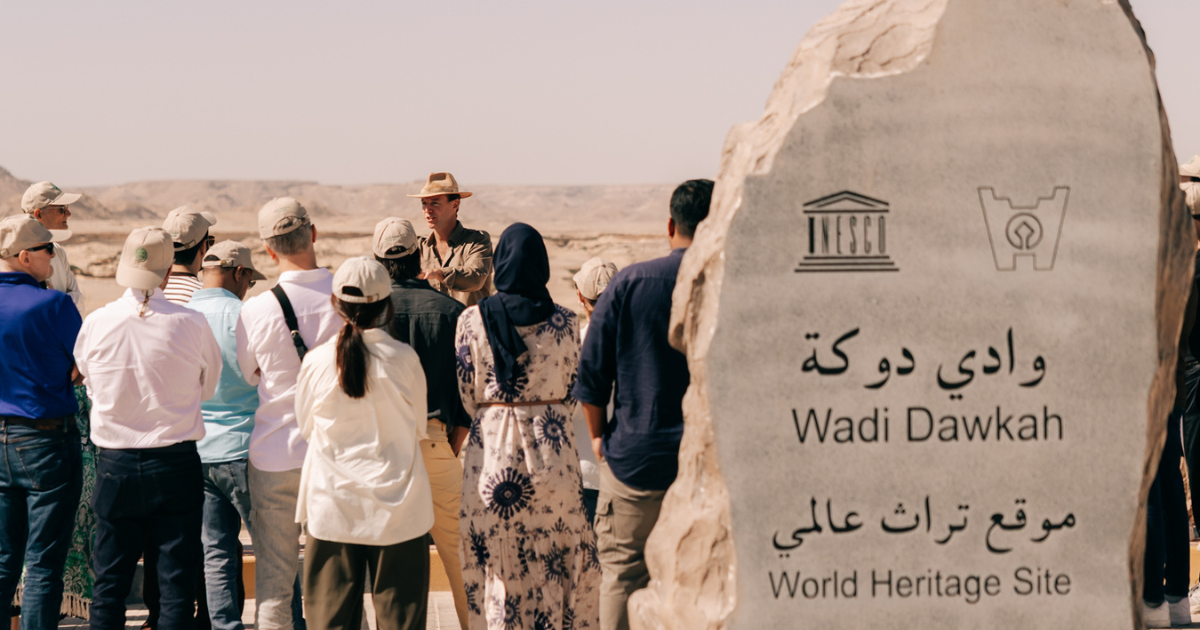Cette publication est également disponible en :
Français
The hospitality of Oman is felt upon arrival at Muscat airport with a subtle, diffused scent of frankincense as Omani people know that if they want to create a tranquil atmosphere, they can turn to olibanum.
When the natural frankincense is burned it releases woody and citrus aromas that soothe and promote restful sleep. The swirling aromatic smoke is also used to purify the house and remove any bad smells.
Each home has an incense burner, an important accessory in daily life and dinner guests are invited to take the incense burner in turns to perfume their clothes with the precious smoke. A few pieces of charcoal placed on an incense burner are lit then a piece of olibanum is laid on top. Another option is to use a tea light diffuser by putting a few pieces of olibanum in a little water on the dish. For anyone with a sensitive sense of smell, small children for example, you can simply place a sachet of resin tears in potpourri to release the aroma of the frankincense more subtly.
Bakhoor plays a key role in eastern culture: it refers to the principle of fumigation, consisting of imbuing all the textiles in the house with perfume every day, especially clothes, both women’s and men’s. The smoky immersion only takes a few seconds to perfume an abaya, the traditional omani dress and from five to ten minutes to produce the full experience, creating a powerful, lasting fragrance.
The ingredients that make up these top-secret blends include musk, sandalwood and a mysterious crushed shell from the Arabian Sea. Oud (or agarwood) is used for big occasions in powder form or as a piece of wood left to macerate for ten days or so in light perfumes, then ten more days in a more potent fragrance.
Photo credit: Khor Rori ©Mulook Albalushi








Comments